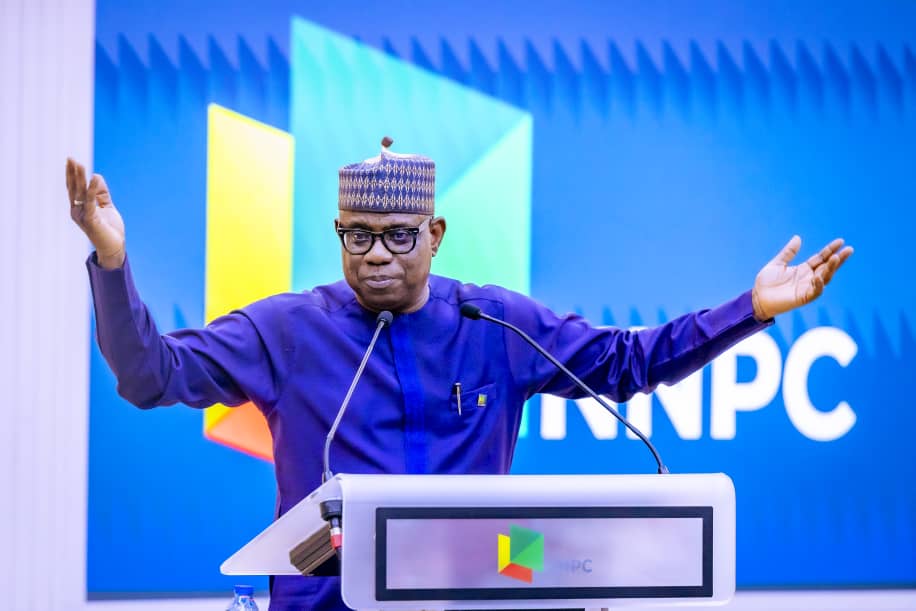The Nigerian National Petroleum Company Limited (NNPC Ltd.) is facing internal and external resistance to its ongoing transformation efforts. The new leadership, appointed in April 2024 under Bayo Ojulari, has uncovered a coordinated sabotage campaign aimed at discrediting the company’s drive towards transparency and accountability. This campaign involves the dissemination of false information and fabricated reports designed to distract the leadership, mislead the public, and undermine the morale of the workforce. The perpetrators, identified as a syndicate of both known and anonymous individuals within and outside the NNPC, are believed to be individuals threatened by the ongoing reforms and the shift towards a corruption-free operational model championed by President Bola Tinubu.
The new management team, succeeding the previous leadership under Mele Kyari, views this sabotage as a desperate attempt to obstruct the much-needed changes within the NNPC. The spread of misinformation is strategically aimed at creating a negative public perception of the ongoing transformation and eroding public trust in the company’s new direction. This orchestrated effort to derail the reforms highlights the entrenched interests that benefit from the status quo and are resistant to the changes being implemented. The statement released by the NNPC management underscores the determination of the leadership to stay the course despite these challenges.
The ongoing transformation within the NNPC is a crucial component of President Tinubu’s agenda for the Nigerian energy sector. This reform aims to establish a performance-driven and accountable organization that operates with integrity and transparency. The resistance faced by the new leadership underscores the deep-seated nature of the challenges within the sector, suggesting that entrenched interests are actively working to protect their positions. The uncovering of this sabotage campaign signals a significant battle within the NNPC as the new leadership strives to implement its vision.
The NNPC leadership anticipates an escalation of these smear campaigns in the near future. They expect a surge in defamatory content aimed at further discrediting the organization and its leadership. However, the management remains resolute in its commitment to the reform process and emphasizes that these tactics will not deter their efforts. They have called on their staff, stakeholders, and the Nigerian public to disregard the misinformation and remain focused on the overarching objective of transforming the NNPC into a world-class energy company. This firm stance indicates a preparedness to confront the challenges head-on and maintain momentum towards the desired outcome.
The commitment to transparency and accountability within the NNPC is a key element of the ongoing transformation. The new leadership has pledged to operate with integrity and ensure that the company’s resources are utilized responsibly and efficiently. This marks a significant departure from past practices and represents a crucial step towards building public trust and confidence in the organization. By prioritizing transparency and accountability, the NNPC aims to create a sustainable and prosperous future for the Nigerian energy sector. This commitment is crucial for attracting investment and fostering a stable and predictable business environment.
The challenges faced by the NNPC’s new leadership underscore the complex dynamics within the Nigerian oil and gas sector. The ongoing reforms are not merely about changing internal processes but represent a broader effort to reshape the industry’s culture and operating principles. The sabotage campaign is a manifestation of the resistance to this transformation, highlighting the vested interests that are threatened by the shift towards transparency and accountability. The determination of the new leadership to persevere despite these obstacles signifies a pivotal moment for the NNPC and the Nigerian energy sector as a whole. The success of these reforms will have far-reaching implications for the country’s economic growth and development.














